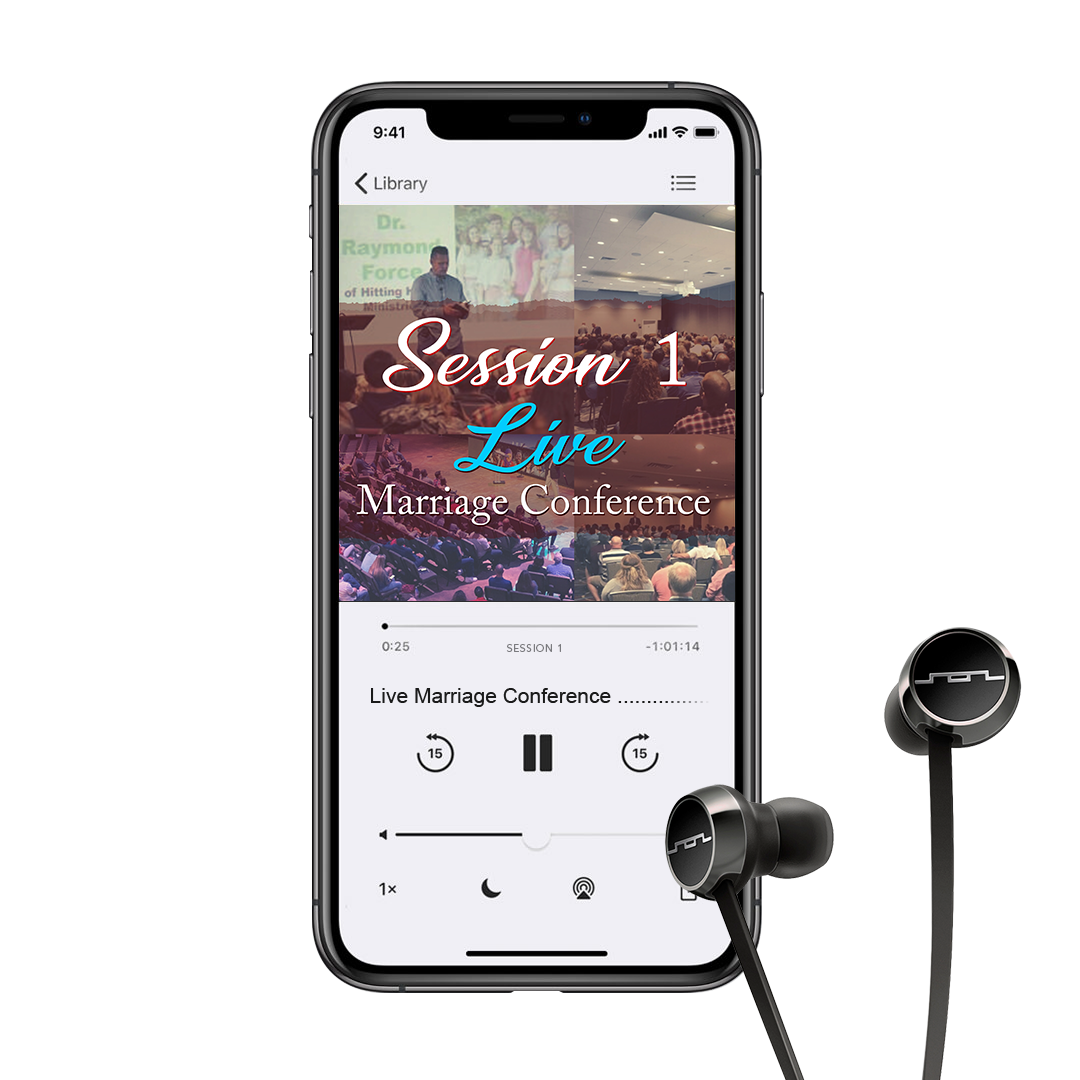Many couples have issues because their feelings of hopelessness, apathy, hurt, and anger have been their marriage counselor, guide, and even the god of their marriage (Philippians 3:19 and Romans 6:16). Because they feel negative, they feel they have a right to act negative. This is why I say that part of the first step for the men is to treat their wives like a world class client regardless of how they feel. Ephesians 5:25 sets the standard for a husband’s love toward his wife. This verse says:
“Husbands, love your wives, even as Christ also loved the church, and gave himself for it;”
How Did Christ Love the Church?
When we see this verse in the book of Ephesians 5:25, it is important to ask the question, “How did Christ love the church?”. Granted, there are a myriad of ways to answer this question, but one of those ways can be seen in Matthew 26:36-39. This portion of scripture says:
“Then cometh Jesus with them unto a place called Gethsemane, and saith unto the disciples, Sit ye here, while I go and pray yonder. And he took with him Peter and the two sons of Zebedee, and began to be sorrowful and very heavy. Then saith he unto them, My soul is exceeding sorrowful, even unto death: tarry ye here, and watch with me. And he went a little farther, and fell on his face, and prayed, saying, O my Father, if it be possible, let this cup pass from me: nevertheless not as I will, but as thou wilt.”
Matthew’s gospel gives us an account of Jesus the night before the crucifixion. It provides for us a glimpse of the struggle that took place in the heart and soul of Christ.
Matthew tells us that the struggle was such that Christ did something that you only see once in His earthly walk. He prayed three times for the same answer.
In verse 39 of Matthew 26, He prayed:
“O my Father, if it be possible, let this cup pass from me: nevertheless not as I will, but as thou wilt.”
In the 42nd verse of the same chapter, the scriptures tell us that he prayed for a second time. This verse says:
“He went away again the second time, and prayed, saying, O my Father, if this cup may not pass away from me, except I drink it, thy will be done.”
Just a few verses later, the Bible tells us that he prayed for even a third time. Here is Matthew’s narrative in verse 44:
“And he left them, and went away again, and prayed the third time, saying the same words.”
The next day, Christ was going to drink the cup of God’s wrath for not only the sins of the world, but also His bride, the church. Yet, on the night before He was crucified, we see that His feelings were heavy with sorrow as He anticipated bearing the punishment for our sins (II Corinthians 5:21, Isaiah 53:6 and 10).
Contrary to His Emotions
At this point, I would like men to see that though Christ was experiencing negative emotions, He still submitted to doing the will of the Father concerning His bride, the church. Similarly, husbands should take on the same approach in that though their emotions may be ladened with sorrow, sadness, or feelings of hopelessness, they should still chose to sacrificially serve their wives.
Also, I have often felt it hypocritical for men to receive Christ’s sacrificial love yet display an unwillingness to love their wives in the same way that Christ has loved them. Once again, He loved us in spite of the pain, suffering, and even the emotional agony that was associated with the cross. Now, He asks us to love others and even our wives in the same way that He has shown His love toward us.
A Few Other Scriptures
The scriptures tell us to love others in the way that Jesus has loved us. Certainly, we could apply the scriptures mentioned below to our wives also:
“A new commandment I give unto you, That ye love one another; as I have loved you, that ye also love one another.” (John 13:34)
“And be ye kind one to another, tenderhearted, forgiving one another, even as God for Christ’s sake hath forgiven you.” (Ephesians 4:32)
“. . . walk in love, as Christ also hath loved us, and hath given himself for us an offering and a sacrifice to God for a sweet smelling savour”. (Ephesians 5:2)
- Learn about our proven, 2-step process
- Designed as a couples devotional
- Use in a group study
- A biblical and refreshing approach






Leave a Reply